For producer Barry Navidi, Johnny Depp‘s directorial comeback “Modi, Three Days on the Wings of Madness” marks a full-circle moment in an unconventional career.
Navidi’s first time working with Depp nearly 30 years ago on the 1995 project “Divine Rapture” ended in disappointment when the production was shelved. But on Tuesday, the two will celebrate a high with the world premiere of “Modi” at San Sebastian Film Festival.
Set in war-torn Paris in 1916, “Modi” follows 72 turbulent hours in the life of bohemian artist Amedeo Modigliani (Riccardo Scamarcio). Fleeing the police and contemplating leaving the city, Modi is convinced to stay by his fellow artists. After a night of hallucinations, he encounters American collector Maurice Gangnat (Pacino), who could change his life forever.
Born in pre-revolution Iran, Navidi grew up watching Hollywood and Indian films. One that made an impression was “The Godfather,” starring Marlon Brando and Al Pacino. “Call it fate, I ended up working with Brando and Pacino,” Navidi says. Navidi’s cinematic journey began when his father encouraged him to pursue his passion. “Most Iranians are either lawyers, dentists, doctors, real estate tycoons,” he recalls. “But my dad said, ‘Look, you can do whatever you want.’”
That paternal blessing led Navidi to boarding school in England and later to the London Film School. It was there he met Danny Huston, son of legendary director John Huston, forging a connection that would prove pivotal.
“John was the one who introduced me practically to everyone as a kid,” Navidi says. “I was always hanging around in L.A. with John and Orson Welles, Fred Zinnemann, Paul Newman, all his friends. I just sat there and observed and watched and listened. It was like winning a lottery.”
Navidi’s early career trajectory took an unexpected turn with “Divine Rapture,” a 1995 production starring Brando, Depp, Debra Winger and John Hurt, which collapsed mid-shoot in Ballycotton, Ireland because of a downturn in the fortunes of the financing company. The experience left Navidi reeling.
“When the finance and the investors disappeared in the last minute, before any warnings were given, it was pretty much a tragic event for me. After it collapsed, I just didn’t want to work,” he admits. “I wasn’t in a mental situation or position to make a film.”
It was during this period that Navidi’s relationship with Brando deepened. The actor suggested Navidi tackle “The Merchant of Venice,” leading to a life-changing introduction. “Marlon was the one who said, ‘Why don’t you go after Al Pacino?’” Navidi recounts. That connection blossomed into a 22-year partnership, yielding projects like “The Merchant of Venice” (2004) and “Wilde Salome” (2011).
The genesis of “Modi” traces back to Pacino, who brought the play “Modigliani” by Dennis McIntyre to Navidi’s attention. “Al had a special and touching affinity towards the material,” Navidi explains. After years of development, Depp came on board to direct.
Addressing Depp’s recent legal troubles, Navidi remains steadfast in his support. “He’s exonerated. He won the case,” Navidi says. “And the reality is, it doesn’t really matter what everybody else thinks because he’s innocent and has a lot of loyal friends in Hollywood. I think it’s just a matter of time — that this movie perhaps is going to help and, at the same time, open doors. I know that his popularity is one thing in Hollywood — but the masses, the world, they love him.”
As “Modi” readies for its festival debut, Navidi is wrapping production on another long-gestating project: “Lear Rex,” starring Pacino in the title role. The star-studded cast includes Jessica Chastain, Rachel Brosnahan and Peter Dinklage.
“Al’s performance is just fantastic,” Navidi says. “If there’s a dictionary definition of Al Pacino, it’s equal passion.”
Looking ahead, Navidi has several projects in development, including “Skylark,” a romantic thriller based on Albert Einstein’s relationship with a Russian spy. He’s also considering a return to “Divine Rapture” – this time as director.
“I want to go to exactly the same location,” Navidi says of his potential directorial debut. “I know the story. I don’t need anybody else to direct this.”
Reflecting on his career, Navidi emphasizes the importance of material and persistence for aspiring producers. “The material led me to Brando, the material led me to Pacino,” he notes. “But you still have to have that extra desire to push, to make things happen.”
Through it all, Navidi remains focused on the art of collaboration. “I’m not someone who goes after a vision of my own,” he says. “Once I pick the director and I work with them and the crew, I let them be.”
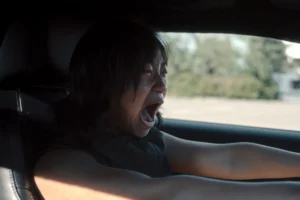

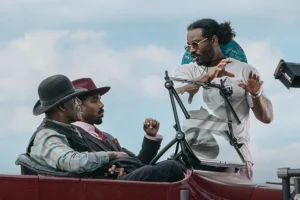
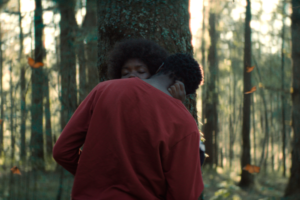
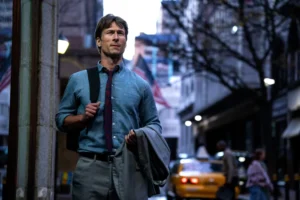
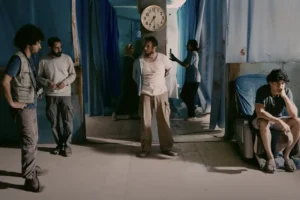
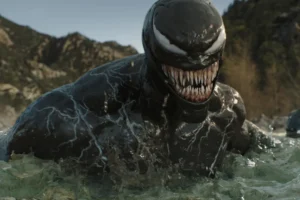
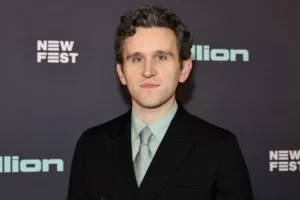
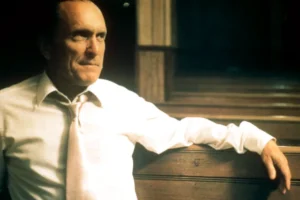

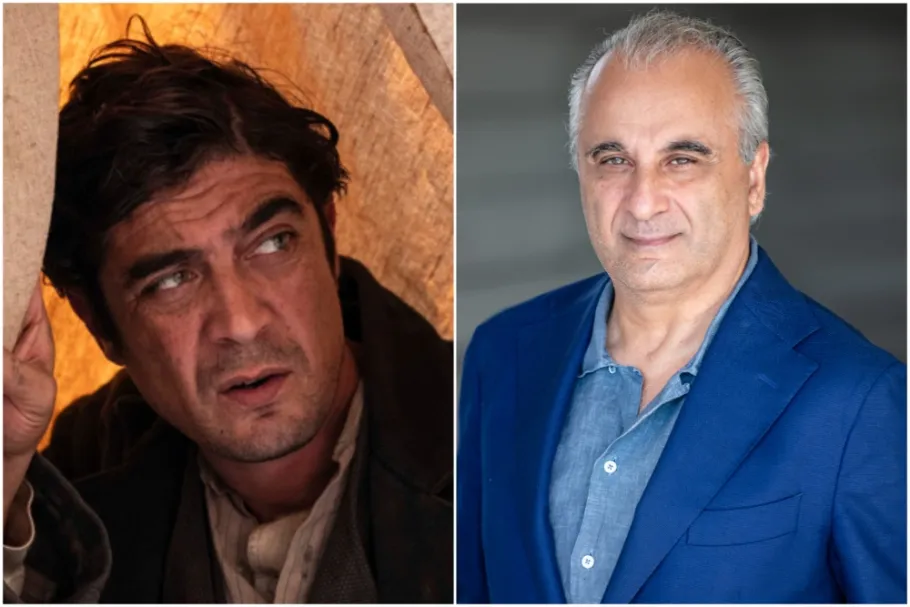
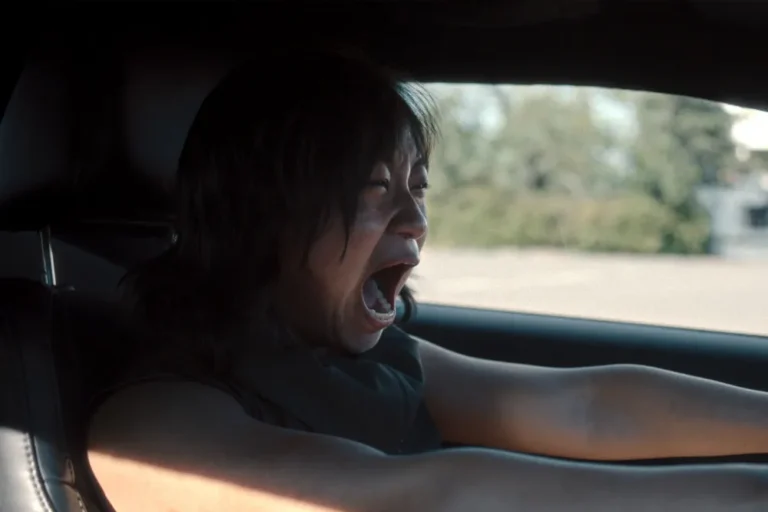
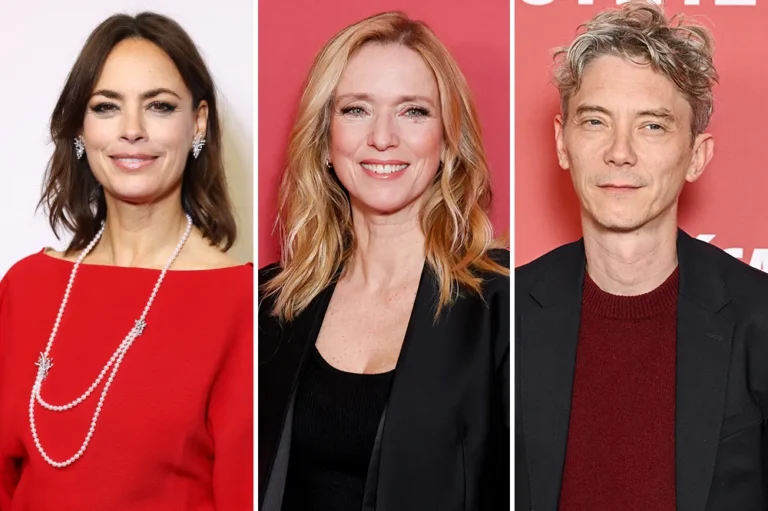
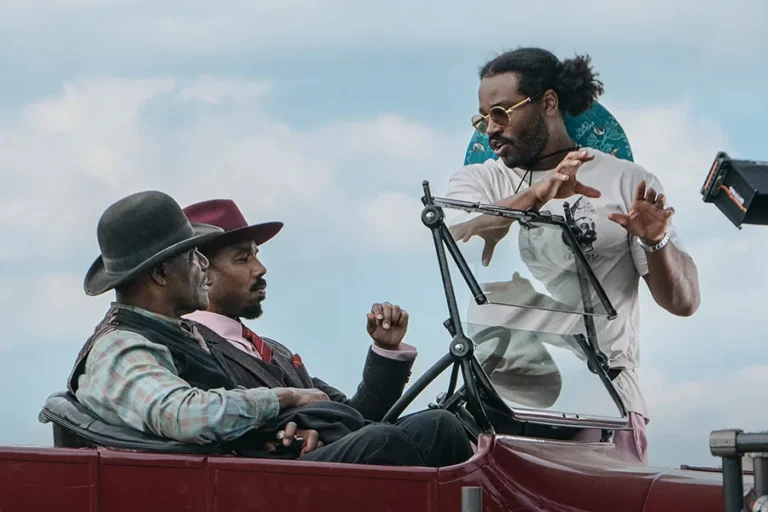
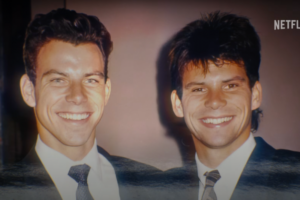
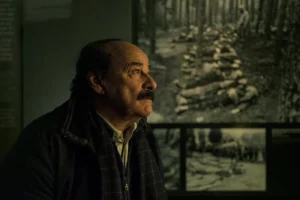
+ There are no comments
Add yours